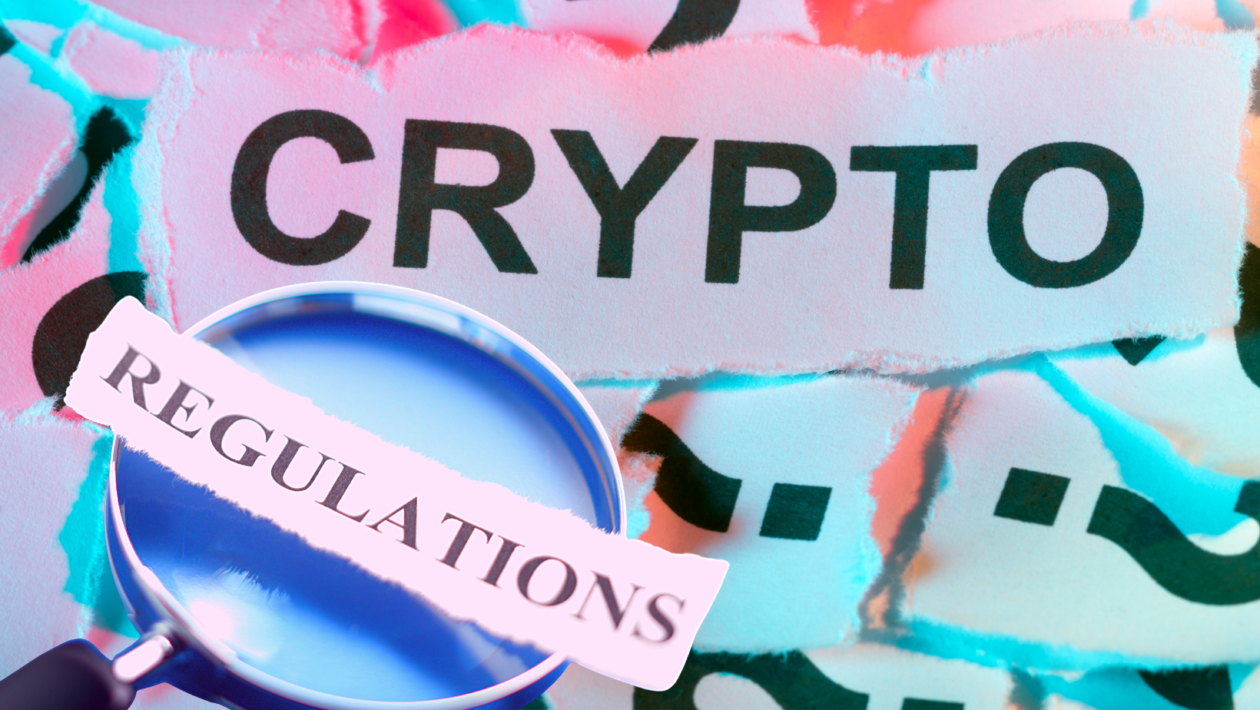The failure of some of the crypto industry’s giants and the ensuing fallout last year is serving as a much-needed wake-up call for the entire industry. Over the past year, hundreds of billions of dollars have been lost to the likes of Celsius Network, BlockFi, Voyager Digital, Genesis and FTX. Most recently, the contagion has spread to the crypto-related banks, with Silvergate, SVB and Signature banks all collapsing in the space of a week.
Following these events, I am more convinced than ever that the future of this space depends on sensible regulation, and this is the only way to maintain the trust of consumers who use crypto exchanges to explore the world of digital assets.
One of the biggest collapses was from Sam Bankman-Fried’s FTX empire. FTX claimed to welcome regulation, but it’s pretty obvious that this was just a front. Despite its regulation-friendly talk, FTX was fundamentally an offshore exchange serving international customers. Yet there are other businesses that support regulation not just with words but with actions — by obtaining licenses and submitting to central bank audits in the countries where we and our customers are physically located.
Ultimately, though, the crypto industry’s openness to regulation is only half of the puzzle. Regulators need to be willing to take the responsibility to step up and protect consumers in their jurisdictions through proactive regulation — and not just by coming in to mop things up after millions of people get hurt by frauds and business failures.
Why regulators missed major systemic failures in 2022
It was only after the collapse of the industry’s giants that regulatory agencies started filing legal charges against their founders. Prior to these collapses, regulators appeared to have missed the massive problems occurring at some of the crypto industry’s largest and best-known companies. How was this possible?
FTX serves as the best case study, and a good place to start is the fact that it was an offshore exchange, which set up shop in the tiny jurisdiction of the Bahamas while catering to a global clientele.
But as details of FTX mismanagement emerge in the press, account holders and other crypto users may also be wondering why America’s powerful financial regulators only learned of and responded to these issues after they had already blown up in the faces of customers, many of whom were American.
The truth is that this is largely how crypto regulation is carried out in the United States — regulation by enforcement. Rather than lay out sensible rules and monitor firms’ compliance, regulators in the U.S., and in several other countries globally, prefer to stand on the sidelines until something goes bust, then swoop in with civil and criminal charges.
Over-regulation through enforcement tends to push platforms away from a jurisdiction entirely and drive them offshore, which is where these Wild West-type environments thrive. The consequences of that are now clear.
Get back to basics
Another issue is that regulators in certain countries are too focused on surface-level questions rather than execution-level details. In some places, regulation has become a huge debate over definitions, like the question of which tokens should be considered securities. This may be interesting to legal scholars, but the answer ultimately has little to do with whether consumers’ funds are safe.
Although many developed-market regulators are preoccupied with these largely academic questions, other financial watchdogs around the world have a much more pragmatic focus on the basics of customer protection: things like know-your-customer (KYC) and custody of assets.
In places like our home market of the Philippines, regulators are diligent about monitoring execution-level matters to protect consumers. Virtual asset service providers are regulated by the Bangko Sentral ng Pilipinas (BSP), the Philippines’ central bank, which has a good understanding of the industry and is very focused on practical questions.
Anti-money laundering (AML) measures remain a centerpiece of regulation around the world. The G-7’s Financial Action Task Force’s Travel Rule is the type of standard we are likely to see applied more stringently to crypto market participants in the coming years. It requires VASPs to record the identities of both senders and receivers for all transactions over US$1,000.
Custody is another core issue. Only a framework of active regulation and audits can help to ensure that financial platforms have solid balance sheets and are acting as responsible stewards of customer deposits.
It’s essential to have these basic rules in place through a formal licensing regime as a first step. On that basis, authorities can then delve into other market practices and start regulating things like the commingling of assets, self-dealing and trading against customers, just as they do for more traditional financial brokerages and exchanges.
What prudent regulation looks like
Let me tell you a little bit about how the regulatory regime in the Philippines works.
The apex bank directly regulates all crypto exchanges in the country. To operate a crypto exchange, one must obtain a VASP license and for additional services, other licenses apply, including an Electronic Money Issuer (EMI), and a Remittance and Transfer Company (RTC).
BSP, the Philippines’ central bank, is also expanding the scope of its crypto regulations to adapt to changing market needs. For example, it recently issued Coins with the first Advanced Electronic Payments and Financial Services (EPFS) license, a credential previously reserved for traditional banks.
Like any other regulated sector, AML is one of the industry’s top compliance issues. As an industry, we have made significant leaps in our KYC processes. For example, the Philippines does not have a unified national ID card, so company tech systems need to be able to recognize valid ID documents from across the Philippines, which has 82 different provinces.
And perhaps most importantly, the BSP expects the industry to cooperate in quarterly audits in which we share information about our balance sheet and disclose the digital assets we are holding in our hot wallets and cold wallets. The BSP diligently monitors the crypto space and takes a proactive approach to regulation. When FTX went bust, they reached out quickly to establish whether there was any potential contagion among crypto platforms in the Philippines, which thankfully there hasn’t been.
Regulators in the Philippines and some other jurisdictions have operated a sensible framework based on good knowledge of the crypto space for years now. When regulators in countries with more developed financial systems say that digital assets are still a nascent asset class and that they’re still learning about the space, it’s a weak excuse. Customers around the world should demand a lot more from the agencies that are supposed to be looking out for them.





